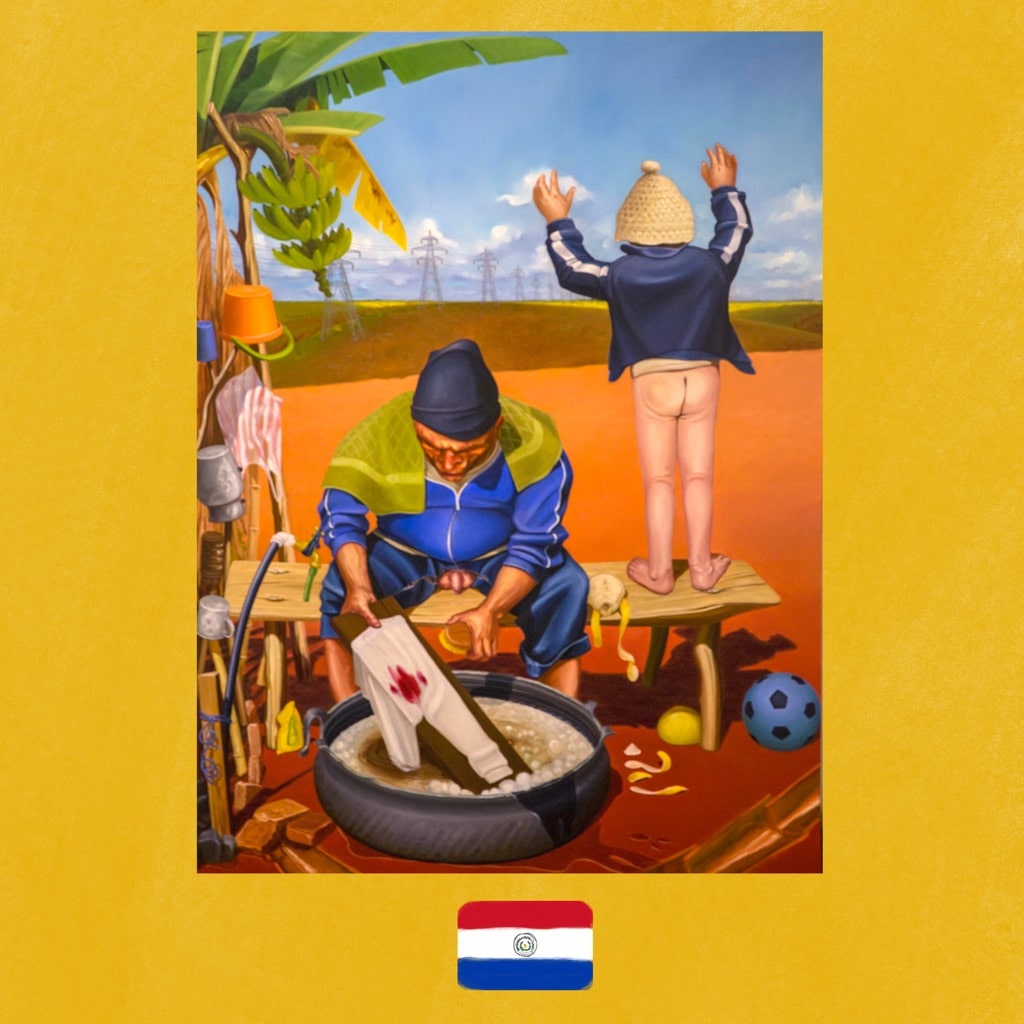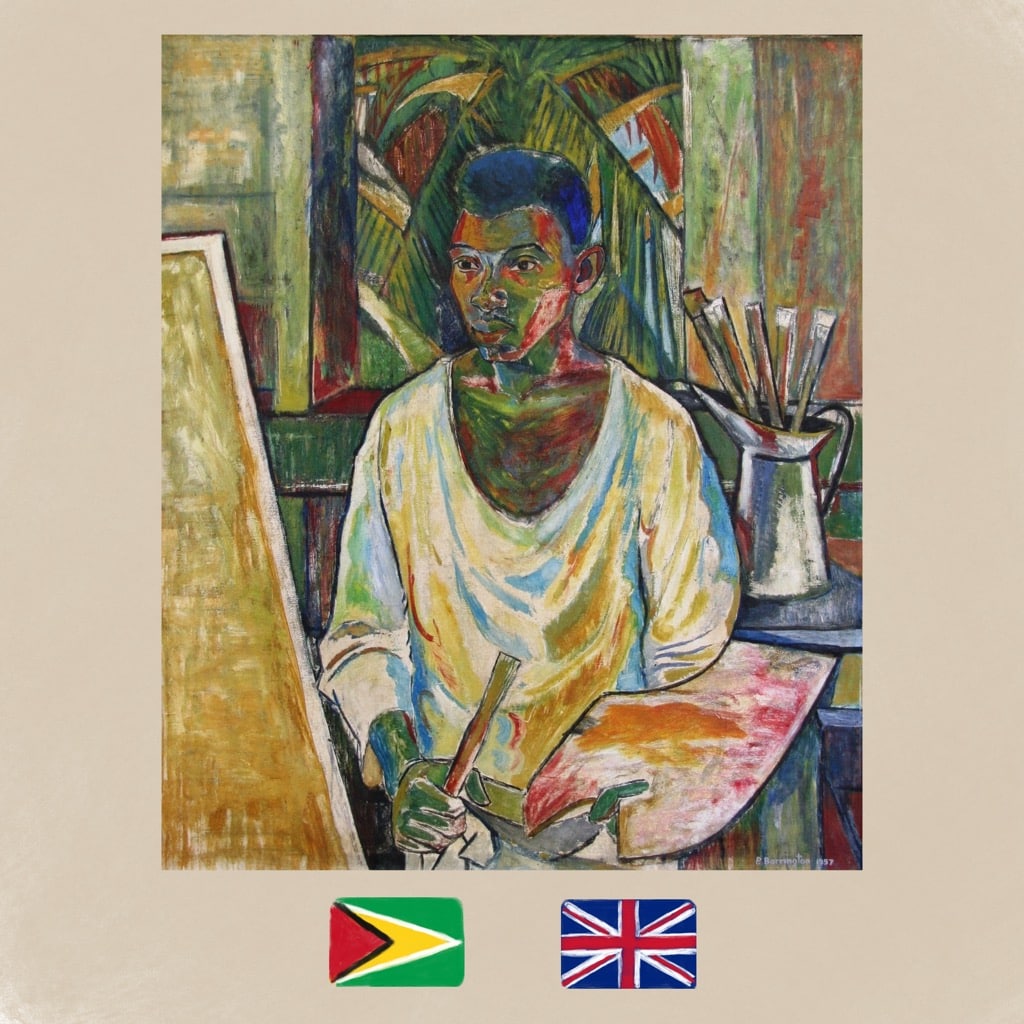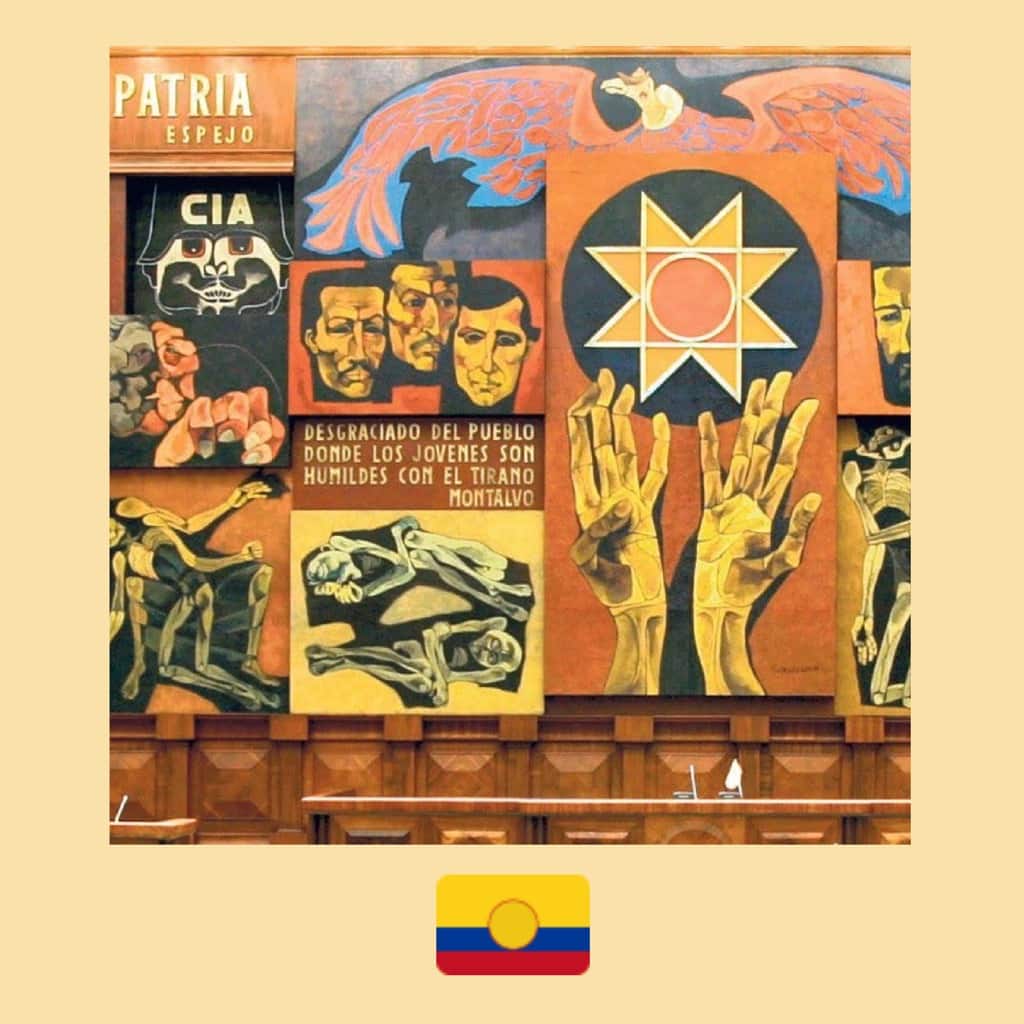A debut feature offers an incomparable exploration of the growing pains of femininity in a searing story about a pre-adolescent girl who is sent to live with her estranged—and very strange father
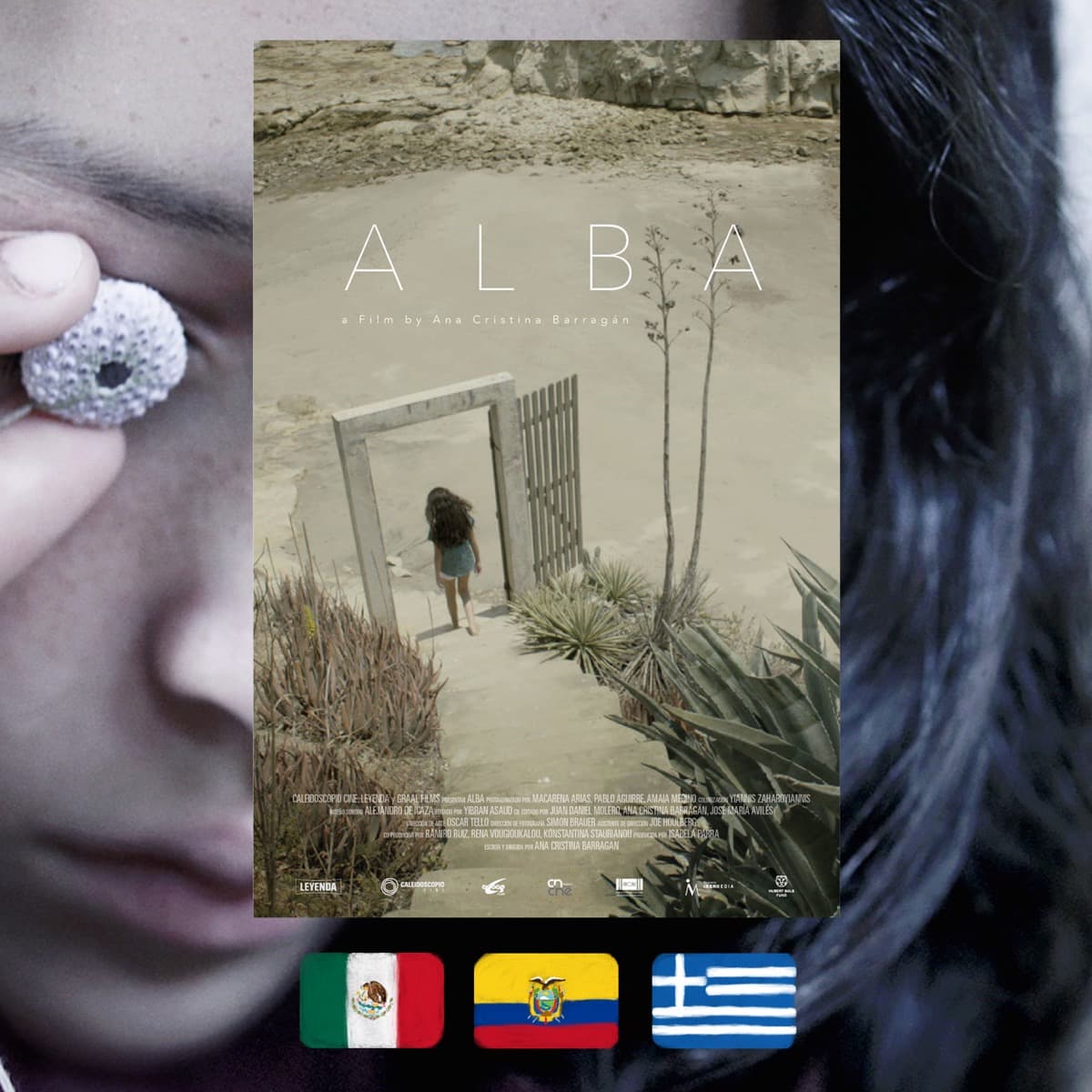

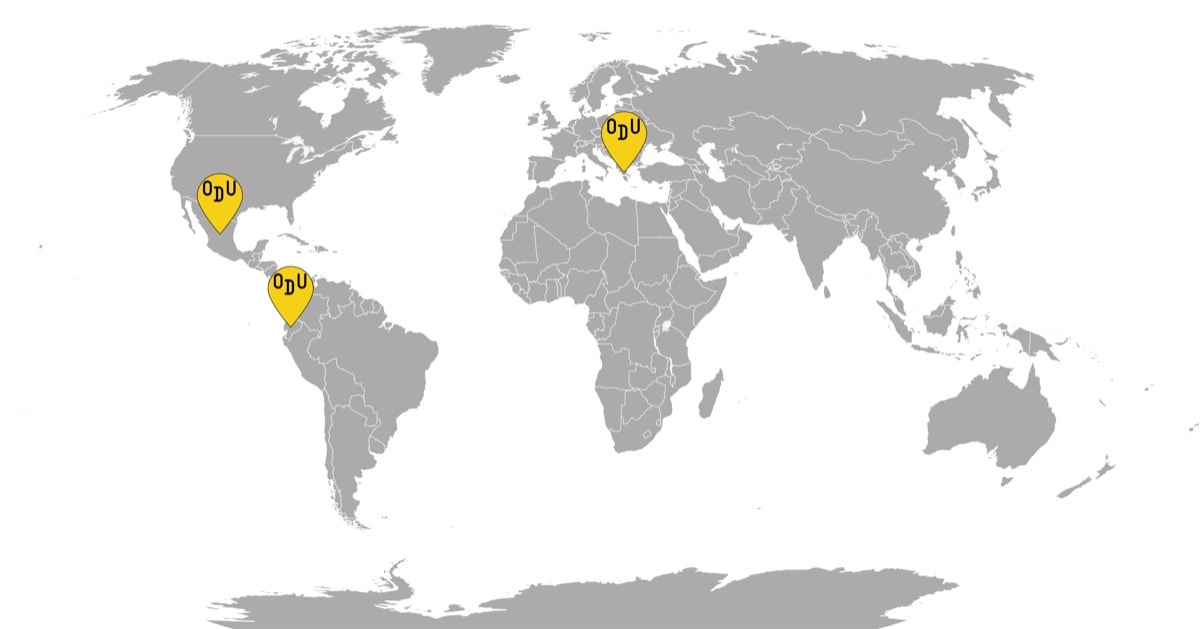
WHAT IT’S ABOUT: Alba is 11, shy, painfully awkward, and everything around her is changing. Her body is ripening into puberty; her school situation is shifting, as Alba, seemingly invisible and often bullied, is suddenly approached by a cool, older girl. But the most significant changes are in the realm of home. When her ailing mother is hospitalized for an indefinite amount of time, Alba has to live with her estranged father Igor she hadn’t seen since she was a toddler, a strange, unkempt man with peculiar habits. Embarrassed by him and all the turmoil, Alba now has to keep her home life hidden as she hopes for acknowledgment from her affluent classmates. But maybe the human connection she strives for can still be found at home?
WHO MADE IT: Ana Cristina Barragán is a young Ecuadorian filmmaker. She had worked on three short films centered around the pre-adolescent femininity before making her feature film debut with the award-winning “Alba” that she wrote, directed, and co-edited along with her team. She has since made two music videos for the master of Andean electronica, Mateo Kingman, along with “Alba’s” cinematographer Simon Brauer and co-created a short film with her trusty collaborator, Joe Houlberg, who assisted on “Alba.”
The film’s actors are all lesser-known, beginners or non-professional. Macarena Arias, in the leading role of Alba, received an award from the Argentine Association of Actors for her remarkable performance. She had since continued her collaboration with Barragan, appearing in one of the Mateo Kingman videos. Hopefully, the two will keep working together in the future, too. Pablo Aguirre Andrade, who appears as Alba’s dad, has made various appearances in short Ecuadorian films and TV projects, where he often plays angular, odd characters, just like Igor. The Spanish Basque actor Amaia Merino performs the role of Alba’s mother.
WHY DO WE CARE: Being a pre-teen, being a girl, being alive are all quite horrifying things when you don’t fit in. And when you’re a girl as weird, introspective and quiet as Alba, life can become a stifling, uncomfortable ordeal that will keep challenging you with everyone’s unbearable normalcy at every turn. Not the first and not the last cinematic portrayal of a girl’s growing pains, “Alba” is, however, a stand out in the genre. One of the reasons for it is the casting. Macarena Arias is captivating,—Barragán had said that during the casting process she was looking for someone who would be pretty, weird and hypnotic at the same time. Surrounded by her loud classmates who mask their insecurities with material accomplishments, she doesn’t fade into the background—at least, for the viewer—but instead stands out, like a tormented martyr, a being too ethereal to exist in the imperfect world. And this finds its reflection in the scene, where other kids dare Alba to crush a butterfly. It’s a heartbreaking moment, where Alba, who knows that her affinity with the small, fragile creatures is stronger than the bond with the exhaustingly conventional peers, has to make the difficult decision to be initiated into the normie crowd. Arias’s own experience of dealing with a sick parent, an inherent maturity in her little body and a face right off a Renaissance painting, create a character, who, quiet and observant as she is, tells stories by the mere batting of her eyelashes.
WHY YOU NEED TO WATCH: Perhaps it’s because Barragán is young enough to be able to remember what preadolescence feels like, perhaps it’s because she merely has a better capacity to encapsulate it, but the film is full of many gutting truths that make Alba’s experiences so palpable. Her intention on collecting “souvenirs,” the need to conceal reality with far-fetched fibs that she follows through to her own detriment: you just can’t make it up. And these scenes become even more potent when Alba’s behavior concerns Igor, who is already miserable enough to withstand adolescent cruelty.
The other reason that renders the narrative so different and yet so accomplished is Barragán’s decision to make one of the grown-ups just as weird as the kid. Usually, in films centered around adolescence, the adults are logical: some functional squares, others dysfunctional losers, but always formulaic. Alba’s mother, barely seen during her episode, and then sunken into the hospital bed, remains a cipher, but the film’s real treasure lies within Igor, whose eccentricity is so palpable, the viewer is just as perplexed by it as Alba herself. There is some substance abuse and some deep-seated trauma that doesn’t get over revealed, as well as the issues that father and daughter have in common, making them attract and deflect from each other as only very similar people can. But whether it’s through his own inertia in the face of trouble, or by the gravity of his circumstances, Igor appears to be a sealed vessel, someone who managed to bring the opalescence and the timidity of young age into adulthood, not spilling a drop. He isn’t particularly astute as a father, and it seems that Alba’s mother kept him away for a good reason, but just like his daughter, and unlike everyone else in the film, young and old, he seems to be able to see things clearly and kindly.
And so from merely a depiction of preadolescence, the film becomes a much broader portrait of what it means to be the “little man,” an exploration of what could be if Gogol’s Akakiy suddenly had a daughter. And the generosity and kindness with which Barragán tells this story make the film both dramatically captivating and strikingly poetic, a breathless ode to staying tender. A robust and unforgettable debut from a promising young filmmaker, “Alba” is a quiet force that will break your heart.
Alba, 2016
Director: Ana Cristina Barragán
For more content like this sign up for our weekly newsletter
WATCH THE TRAILER


